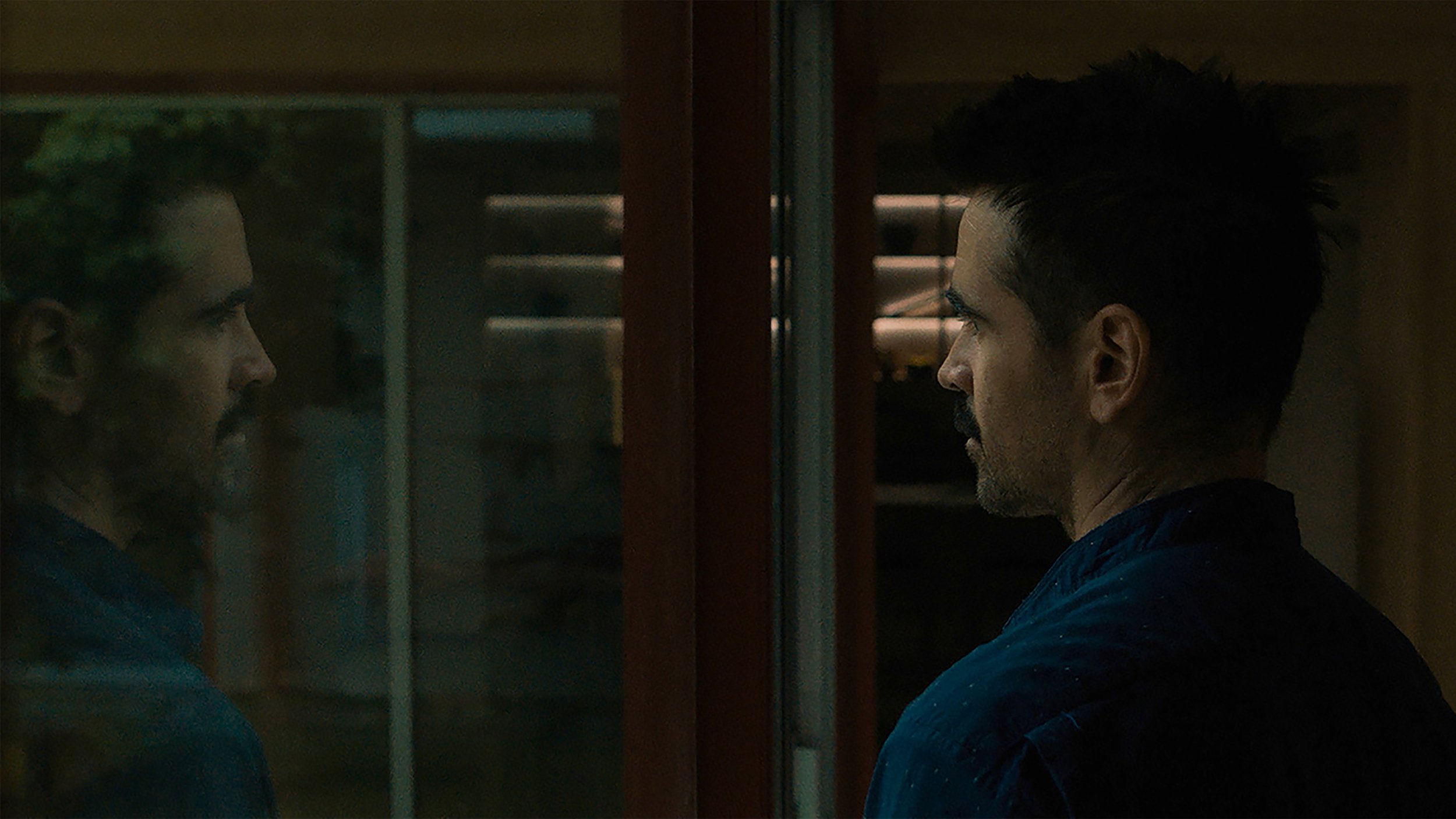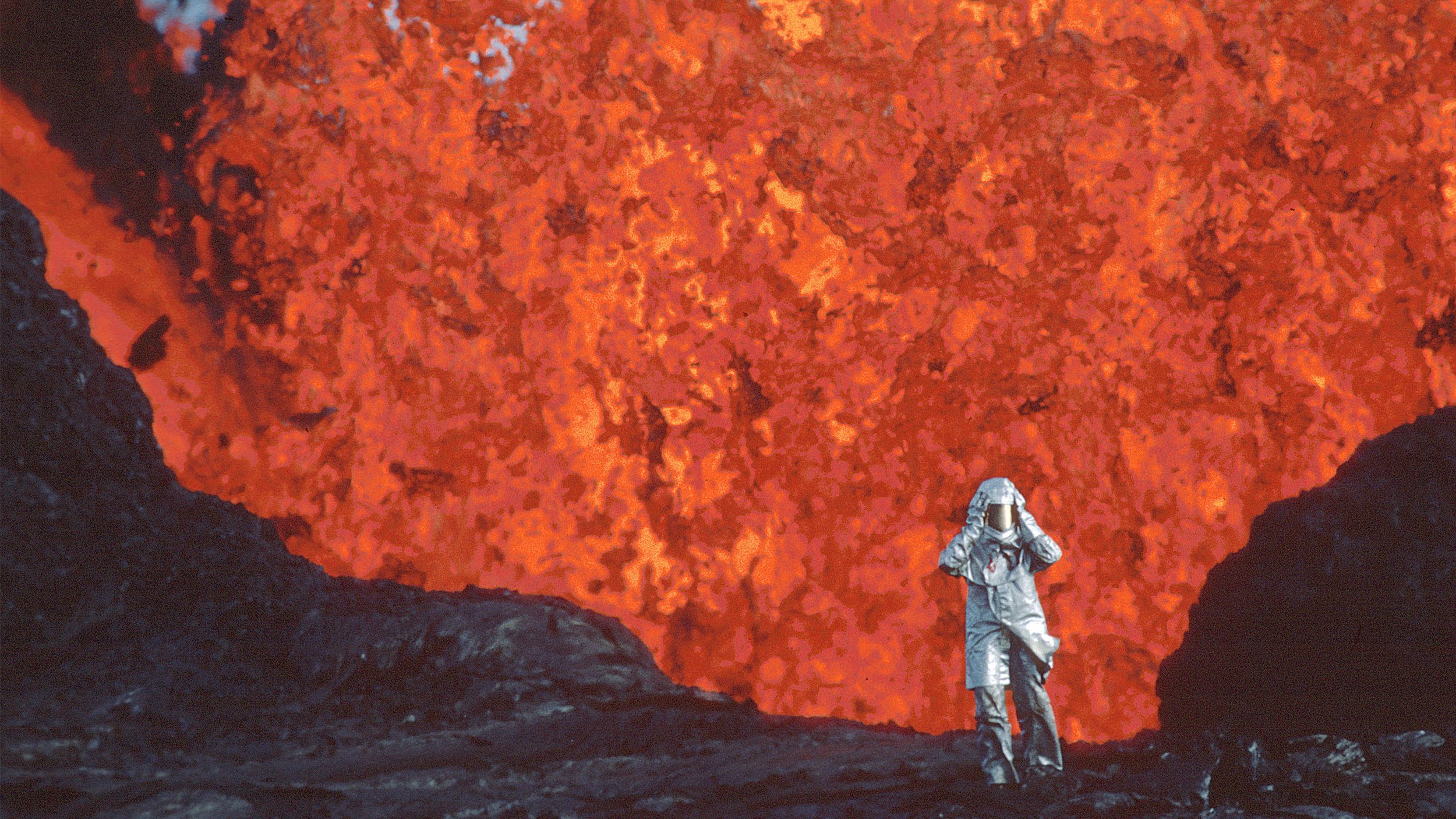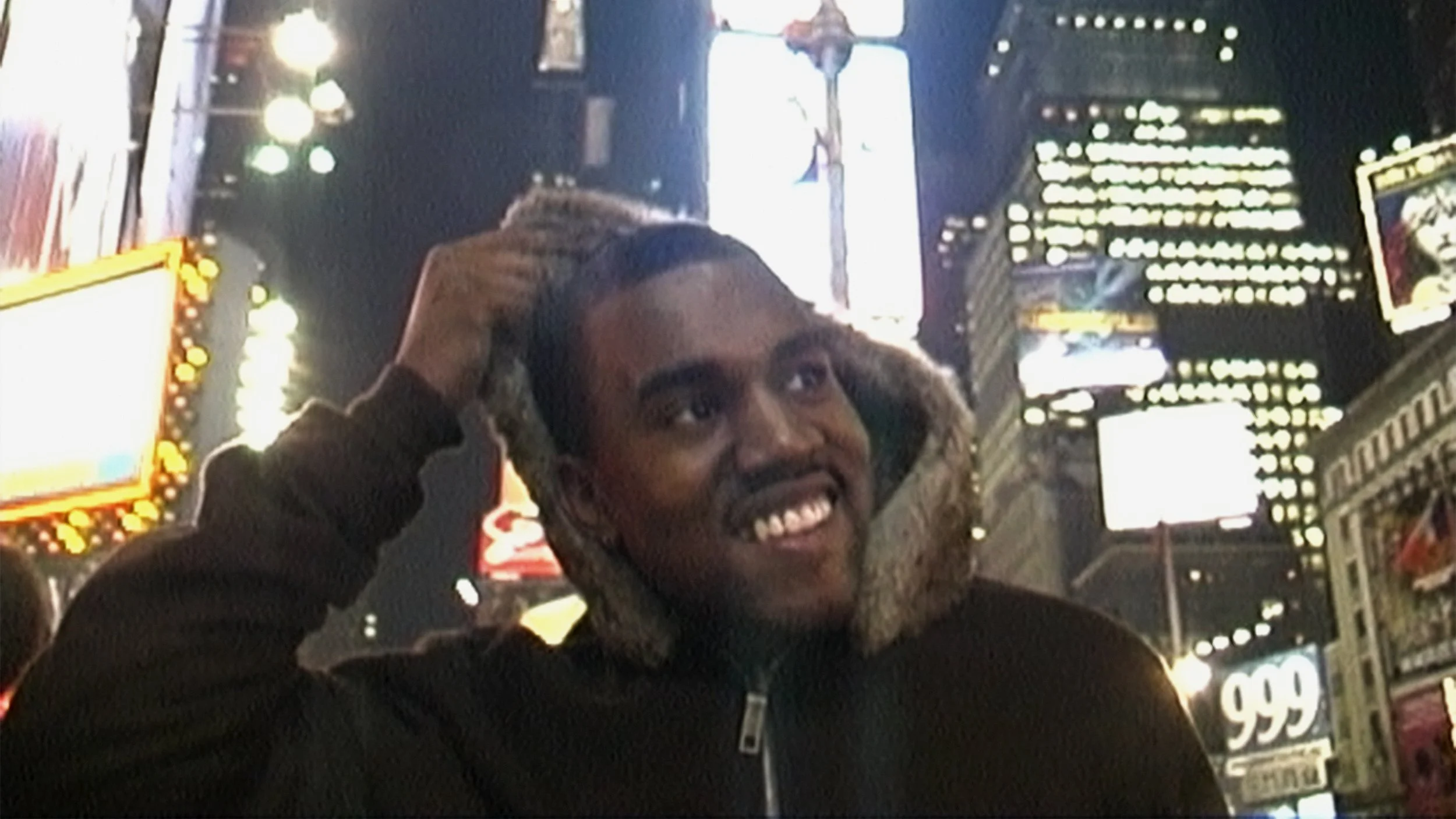Highlights from the 2022 Sundance Film Festival
By Jake Skubish
Another year, another virtual film festival. Sundance 2022 was set to move forward as a hybrid festival this year, but just two weeks before the beginning of the festival, the event shifted to an all-virtual platform. The loss of the in-person experience is a bummer, but I was once again grateful to be able to watch these films from home. Some of my very favorite films of 2021, including Passing and Summer of Soul, debuted at Sundance. And some of the great films I saw this year will undoubtedly find their way onto my best-of-the-year list 11 months from now, too.
Here’s a rundown of everything I saw at Sundance 2022, what you should be looking forward to most, and where you will eventually be able to see these films.
892
Photo: Sundance Film Festival
I always respect a movie that gets right to it, and 892 wastes no time diving into the action: after a brief introduction to struggling Marine veteran Brian Brown-Easley (John Boyega), he walks into a Wells Fargo bank, announces he has a bomb, and holds two employees hostage. His objective: arrange for $892 to be delivered to his bank account. The negotiations are complicated, however, by the specifics of his demand: he does not want the bank’s money, but rather, wants the money delivered by the U.S. Department of Veterans Affairs, which he claims has cut him short of what he is owed.
892 is mostly a showcase for its performances. Boyega, after a stellar turn in the Red, White and Blue entry in Steve McQueen’s Small Axe series, once again asserts himself as one of the most forceful and chameleonic actors working today. Boyega can go big when the moment calls for it, but every small, nuanced choice he makes is a building block toward a deeper understanding of his character. The supporting cast is excellent as well, in particular Nicole Beharie as a strong-willed bank manager held hostage and Michael K. Williams, in one of his final film roles, as the police negotiator. Williams has the ability to suggest an entire backstory by a single line reading, and his performance is heartbreaking because of the awareness while watching that we won’t get any more like it.
The film is not ambivalent about whose side it is on; director Abi Damaris Corbin is fighting for the little guy, and in this case that’s the guy with the bomb. A moralizing text card at the end of the film left me wishing that the film was a little more comfortable interrogating the story’s ambiguities. With her feature directorial debut, though, Corbin demonstrates a strong ability to ramp up dramatic tension, even if it peters out a bit at the end. Her smartest choice was to cast Boyega, both a natural star and a talented actor, who has now reached the echelon of making a project worth seeing by his very presence.
Rating: 3.5/5
Where to Watch: 892 has not yet been purchased out of Sundance for wider distribution.
after yang
Photo: Sundance Film Festival
In director Kogonada’s debut feature Columbus, which premiered at Sundance in 2017, characters grapple with loss in the “Modernist Mecca” of Columbus, Indiana, home to many architectural wonders from the likes of I.M. Pei and other titans of the industry. In an interview about the film, Kogonada spoke about why he was drawn to building a story around architectural design. “Architecture is the art of space,” Kogonada said. “It also constructs our sense of emptiness. It makes us see nothingness and absence in a way that, without it, is almost invisible to us.”
After Yang is Kogonada’s follow-up to Columbus, and the film is a poignant transfiguration of that architectural exploration of nothingness from the physical realm to the sensory, emotional, and philosophical. The film stars Colin Farrell and Jodie Turner-Smith as a couple who purchase a human-like A.I. named Yang (Justin H. Min) to support their daughter Mika (Malea Emma Tjandrawidjaja). When Yang suddenly malfunctions and shuts down, the family scrambles to fix Yang and confronts the possibility that he may be beyond recovery.
Kogonada employs unique editing choices to explore the complexities of perspective in After Yang, a film just as patient as Columbus but more formally playful. Its title is wonderfully deceptive — the events take place not in the aftermath of the loss of Yang but in the thick of it, yet the film suggests that everything happening now will forever color everything that is yet to come. The highlight of the film is the handful of emotionally riveting memory sequences, accompanied by an astonishing piano score by ASKA.
Just as the memories of its characters take on meaning with the passing of time, After Yang is a film that has grown in my estimation since I watched it. It’s a beautiful story about memory, loss, and the power of imagery. After Yang will absolutely be one of the films of the year, and I can’t wait to watch it again.
Rating: 4.5/5
Where to Watch: After Yang will debut in theaters at some point later this year.
cha cha real smooth
Photo: Sundance Film Festival
Sometimes when I recommend a movie to a friend, I’ll have a very specific reason: this actor gave a great performance, or the ending was shocking and fun, or the screenplay was smart. With the best movies, though, you can only really recommend them with a sigh and a smile: you just have to see it.
Such is the case with Cha Cha Real Smooth, the best movie I saw at Sundance this year. The film stars Cooper Raiff (also the writer and director) as Andrew, an aimless college graduate working as a party host for Bar and Bat Mitzvahs till he can figure out what he actually wants to do with his life. But any ambitions beyond his hometown come to a halt when he strikes up a friendship with a woman named Domino (Dakota Johnson) and her autistic daughter Lola (Vanessa Burghardt).
I’ll admit that this is extremely in my wheelhouse — a Jewish guy figuring out his purpose in life while hopelessly pining after Dakota Johnson might be the plot someone would conjure if they were making fun of my prototypical taste — but I think Cha Cha Real Smooth is going to resonate with a lot of people. Many young filmmakers make coming-of-age stories, but Raiff’s films possess some ineffable wisdom that most seasoned directors don’t even approach. At 24 years old, Raiff feels less like a newcomer waxing poetic about the frustrations of young adulthood than a veteran of the craft, looking back at his youth and retroactively imbuing his younger self with the sophistication he lacked back then.
And yes, Cha Cha Real Smooth has all of those things you want from a movie like this. A stellar performance from Johnson, a hilarious script, a Bar Mitzvah fistfight. But really, I’m recommending this movie to you because it makes me smile. You just have to see it.
Rating: 5/5
Where to Watch: Cha Cha Real Smooth was purchased by Apple TV+, and will debut on the streaming platform later this year.
fire of love
Photo: Sundance Film Festival
The most disappointing film I saw at Sundance this year, Fire of Love is a documentary about Katia and Maurice Krafft, a married couple who attained minor celebrity status for their daring study of volcanoes across the globe. The films draws largely from an extensive archive of footage captured by the Kraffts themselves, and is fancifully edited by director Sara Dosa.
Summer of Soul, the glorious archival documentary from last year’s Sundance Film Festival, knew what Fire of Love does not: when you are sitting on an incredible trove of footage, the smartest move is to let that footage speak for itself. Instead, Dosa adorns the narrative with whimsical flourishes that only detract from the compelling story at the film’s core: these two courageous scientists are in love. The love story gets lost buried under a wandering narrative focus and maddening voiceover from Miranda July. (Part of the problem here could be that I can’t stand Miranda July.)
While I didn’t admire Dosa’s editing choices, she has a clear eye for what is visually compelling. The footage of the volcanoes is glorious, and the shots of Katia and Maurice ambling along on the precipice of massive walls of lava are astonishing. If you think volcanoes are cool, I’d recommend putting Fire of Love on in the background. The story never comes together, but it is occasionally a marvel to look at.
Rating: 2/5
Where to Watch: Fire of Love was purchased by National Geographic, so it will likely be made available on Disney+ later this year.
happening
Photo: Sundance Film Festival
2020 saw the release of two films about young women struggling to access abortion services: Never Rarely Sometimes Always and Unpregnant. Notably, both were also buddy films of sorts: on their journey toward finding an abortion provider, each film’s protagonist had a friend accompany them through the stressful ordeal. Happening, which debuted at the Venice Film Festival last year and made its U.S. debut at this year’s Sundance Film Festival, takes a different approach to similar subject matter. The film is set in 1960s France, where abortion is completely illegal. Upon discovering her pregnancy, college student Anne (Anamaria Vartolomei) is mostly on her own.
As Anne says during a lecture in one of her literature classes, Happening is a “political poem” — a means of exploring larger social conditions through a personal story. Anne and her classmates discuss Sartre, Stalin, and communism, fancying themselves high-minded intellectuals, but the conversation only feels like background noise; the real politics is what is happening here and now with Anne. Indeed, this approach from director Audrey Diwan crucially emphasizes the difference between sexual enlightenment and the willingness to act, the difference between what it is to talk about a political issue and to actually engage with it.
Diwan is obviously not telling this story as a reappraisal of the politics of the 1960s, but as a commentary about the increasingly dire politics of women’s health today. Her visual acuity supports this mission: save for the occasional payphone there are few signs of precisely what era we are in, and the film’s cinematography makes Happening look like an old photograph come alive, as if you saw an image of a relative in their youth and imagined yourself in their position.
Diwan carries the film forward with an unflinching perspective, aware of how her protagonist is seen. She positions Anne as both a subject narrowly observed by the world around her, but also as an independent agent whose impulses toward desire and freedom are presented without judgment. Vartolomei turns in a stunning performance as Anne, and she’s an absolute star in the making. Happening is not just a political poem; it is a flat-out marvelous film from an emerging, essential filmmaker.
Rating: 4.5/5
Where to Watch: Happening will debut in theaters May 6.
jeen-yuhs: a kanye trilogy
Photo: Sundance Film Festival
In 1998, Chicago-based comedian Coodie made a seemingly risky career choice: abandon stand-up comedy and instead start filming a prolific producer and aspiring rapper named Kanye West. Incredibly, Coodie stayed with this project for the next 20 years, capturing Kanye on his journey from brash upstart to musical icon.
The result is Jeen-yuhs: A Kanye Trilogy, a three-part docuseries, the first part of which debuted at Sundance. The abundance of footage Coodie has is ridiculous; if you look away for even a moment, you might miss a glimpse of another major figure in rap history appearing on screen. There’s Kanye walking into Roc-A-Fella Records, playing staff members an original cut of “All Falls Down” years before it becomes a hit, which they mostly acknowledge with bewildered amusement. There’s Kanye welcoming Scarface to the studio and offering him a verse on “Jesus Walks,” which Scarface turns down. There’s Kanye having intimate conversations with his mother Donda; he’s still a narcissist, but he shows a softer side that appears now to be long-gone.
Coodie and codirector Chike Ozah assemble the footage with a light touch, creating a simple and compelling narrative along the way. Part one only covers 1998-2002, not even getting into the release of any of Kanye’s albums. There is so much packed into this documentary, and so much left to explore. I can’t wait for parts two and three.
Rating: 4/5
Where to Watch: Jeen-yuhs: A Kanye Trilogy will debut on Netflix Feb. 16.







